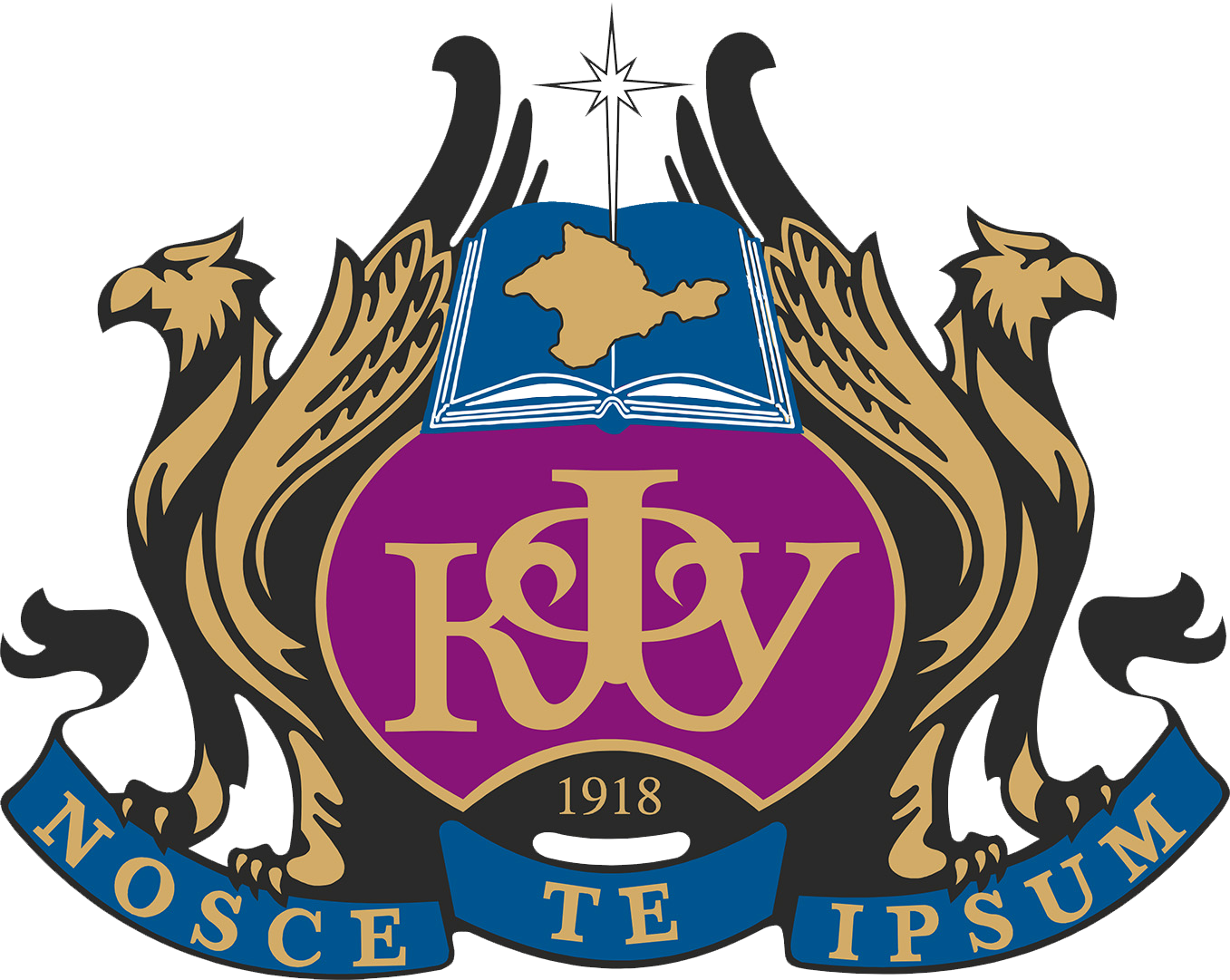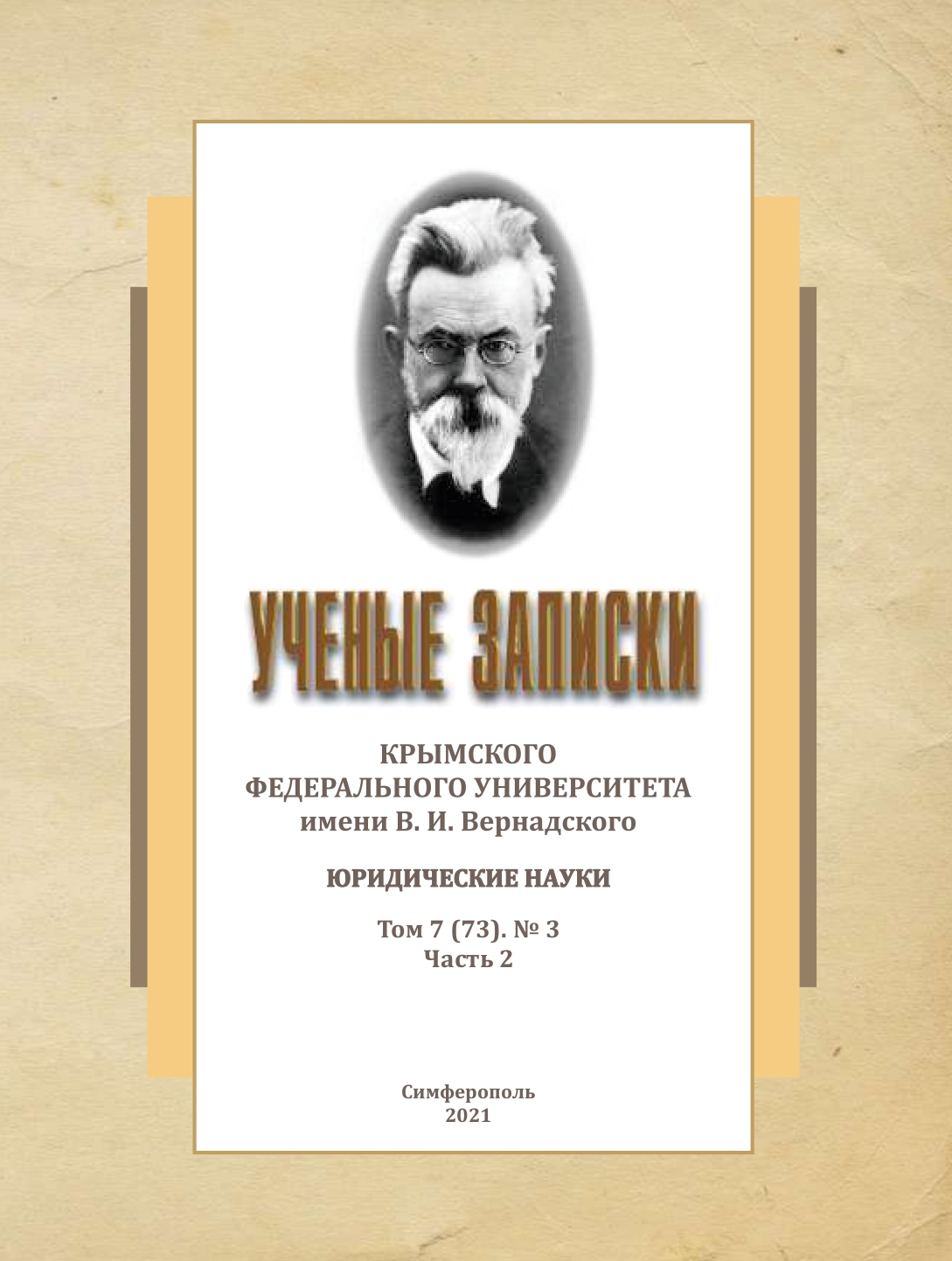In modern conditions, jurisprudence is very often confused with bureaucracy. This circumstance is due to the fact that everyone is accustomed to accurately and rigorously comply with each letter of the law and another, even not the most significant legal act in terms of legal force. At the same time, one has to face the fear of fulfilling this or that provision incorrectly, which leaves an imprint not only on the well-being of citizens, but also creates a certain negative tension when contacting public authorities, state or municipal institutions, etc. As a result, the law has turned from a means of resolving conflict situations and stabilizing relations in society into something that interferes with the life of an ordinary person. It seems that this happened because the “law for man” paradigm turned into “man for the law”. Such reflections prompted the author to try to formulate a theory of the correlation of subjects of law, which would determine the key positions of competent persons and bodies, not only within the framework of legal relations. Nevertheless, the latter continue to play the most significant value and will be considered in this work in more detail. The main conclusion is that the law should serve people, and not vice versa, for which, when creating it, it is necessary to take into account their real interests, what happens in life instead of modeling their behavior in the future, also using measures of state coercion.
heory of the relationship of subjects; legal relationship; subjects of law; subjects of legal relations; legal ties; legal impact; public relations; lawmaking.
1. Ioffe O.S. Pravootnoshenie po sovetskomu grazhdanskomu pravu // Ioffe O.S. Izbrannye trudy: V 4 t. T. I. Pravootnoshenie po sovetskomu grazhdanskomu pravu. Otvetstvennost’ po sovetskomu grazhdanskomu pravu. - SPb: YUridicheskij centr Press, 2003. - 509 s.
2. Marchenko M.N. Teoriya gosudarstva i prava. M., 2004. - 800 s.
3. CHirkin V.E. Konstitucionnoe pravo Rossii: Uchebnik. - M.: YUrist, 2003. - 447 s.
4. SHarnina L.A. Konstitucionnoe pravo: uchebnoe posobie. - M.: Prospekt, 2013. - 287 s.
5. Galyautdinov B.S. Ponyatie i struktura kontrol’nogo pravootnosheniya s uchastiem Upolnomochennogo po pravam cheloveka v Rossijskoj Federacii // Izvestiya vysshih uchebnyh zavedenij. Povolzhskij region. 2014. № 2. S. 92-100.
6. Gracheva E.YU. Problemy pravovogo regulirovaniya gosudarstvennogo finansovogo kontrolya. diss. … d.yu.n. - M., 2000. - 378 s.
7. Postovoj N.V., Tabolin V.V., CHernogor N.N. Municipal’noe pravo Rossii: uchebnik / pod red. N.V. Postovogo. 4-e izd., pererab. i dop. M.: YUrisprudenciya, 2016. - 455 s.
8. Tabolin V.V. Istoriko-pravovye aspekty ponyatiya «gorod» // Istoriya gosudarstva i prava. 2017. № 23. S. 50-54.
9. Kotlyarevskij S.A. Vlast’ i pravo // Kotlyarevskij S.A. Izbrannye trudy / sost., avtor vstup. st., komment. K.A. Solov’ev. - M.: Rossijskaya politicheskaya enciklopediya, 2010. - 702 s.
10. Vasil’ev S.A. Obshchestvennyj kontrol’ kak sootnoshenie sub»ektov konstitucionno-pravovyh otnoshenij // Marijskij yuridicheskij vestnik. 2017. № 1 (20). S. 21-23.
11. Vasil’ev S.A. Mestnye nalogi: k voprosu ob ogranichenii konstitucionnyh osnov narodovlastiya // Nalogi-zhurnal. 2017. № 1. S. 8-12.
12. Kudrin A.S. O ponyatii sub»ektov social’noj vlasti v trudovyh otnosheniyah // Vestnik Permskogo universiteta. 2013. № 4. S. 275-281.
13. Aleksandrov N.G. Trudovoe pravootnoshenie. - M.: Prospekt, 2009. - 336 s.
14. Bezrukov A.V. Konstitucionnoe pravo Rossii: uchebnoe posobie. 3-e izd., pererab. i dop. M.: YUsticinform, 2015. - 302 s.
15. Korporativnoe pravo: uchebnik / E.G. Afanas’eva, V.YU. Bakshinskas, E.P. Gubin i dr.; otv. red. I.S. SHitkina. 2-e izd., pererab. i dop. M: KNORUS, 2015. - 1080 s.
16. Litvina A.I. O ponyatii avtorskogo pravootnosheniya // Vestnik Permskogo universiteta. YUridicheskie nauki. 2014. № 2. S. 84-93.





